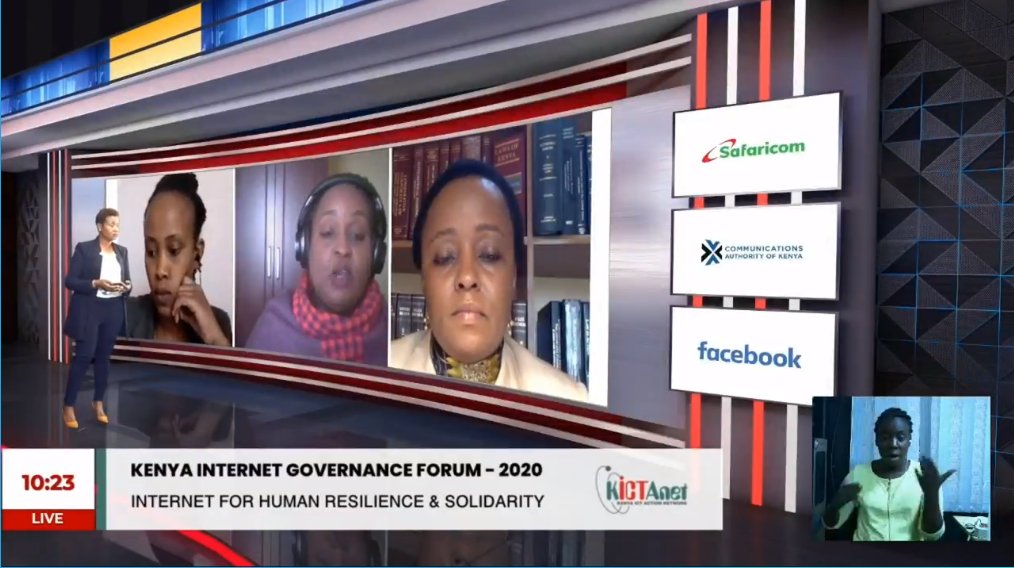By Peter Mmbando, KeSIG and KeIGF Fellow 2020, from Tanzania.
As the year 2020 draws to close and we prepare to welcome the year 2021, I share my reflections on the KeSIG and KeIGF 2020 as the first virtual events hosted in Kenya that engaged Multistakeholders from East African Countries.
The events were virtual, with presentations from ICT professionals, and digital policy experts who provided rich content that changed my way of thinking for future events and work in cyberspace. I learned that due to the pandemic, the world had totally changed from analog to digital. The pandemic prompted everyone to work remotely or from home. Some organizations changed to hybrid offices where non-essential workers begin working from home or remotely in finance, ICT, agriculture, media to name a few.
Much of the contents at KeSIG reminded us to focus and not panic, to be creative, perseverance, to upgrade skills, and to accumulate constructive knowledge for the betterment of the world. The concepts covered internet design principles, introduction into internet governance, international roles of internet governance, private sector roles in internet governance, and emerging issues.
I have learned that most youths are taking digital life for granted, not paying enough time to details, to explore, read, practice digital skills, as well as upgrade their skills in cybersecurity, instead, they spend much time on social media chatting or watching unproductive information.
In addition, the KeSIG 2020 and KeIGF 2020 had touched on issues of disinformation and misinformation that had affected communities by creating fear and panic during the pandemic. Youths, especially women must be equipped with digital skills ( techno know-how) in order to understand how to respond to cyber-bullying, cyber-attacks, and cyberspace at large as well as to learn how to write positive narratives about Africa with reliable sources of information.
Furthermore, KeIGF speakers elaborated on how youth can practically learn negotiation skills not only at the national level, continental level but also at the global level in policy formulation and discussions. Negotiation skills are vital for African youths to address critical issues facing the African continent, for instance, the issues of internet connectivity, data privacy, data protection, and cybersecurity policies. Other issues are internet shutdown and throttling and mass surveillance.
Lastly, youth must understand that while most jobs and opportunities are remote and virtual, it is time to wake up and learn, upgrade skills, and fast to adapt changes in life. As we are living in a digitalized world, we depend much on the digital economy to survive or live. We should well manage time and other resources to build constructive digital workspace and engage in community activities to bring positive change at different levels.
Lack of digital skills should not be an excuse for not working remotely or trying to create opportunities in a pandemic or non-pandemic period, we have seen that the future of work is remote to hybrid, as nearly 70% of organizations believe the productivity gains of remote working are sustainable beyond the pandemic. It is time for African youths to work hard and come up with solutions to problems that are facing in the digital space.




